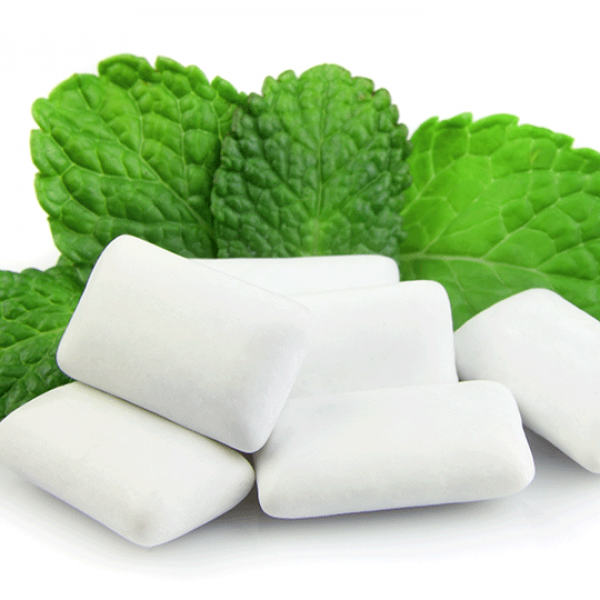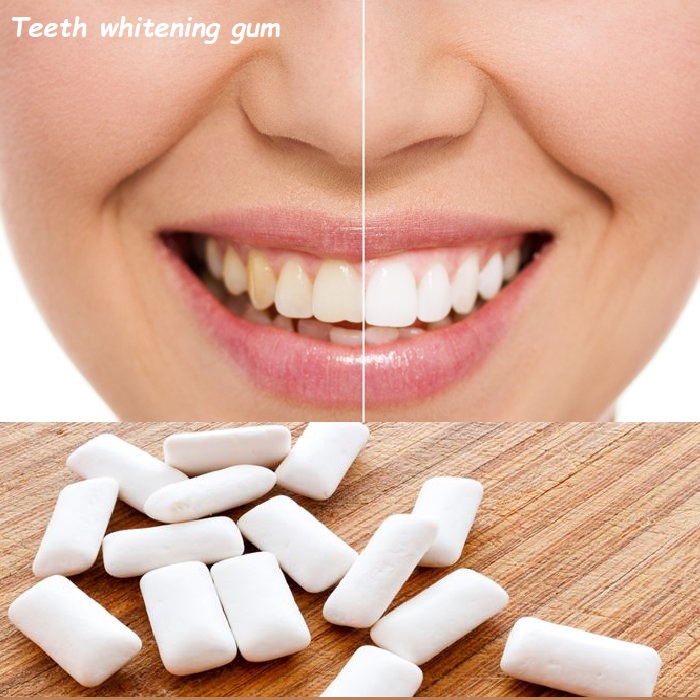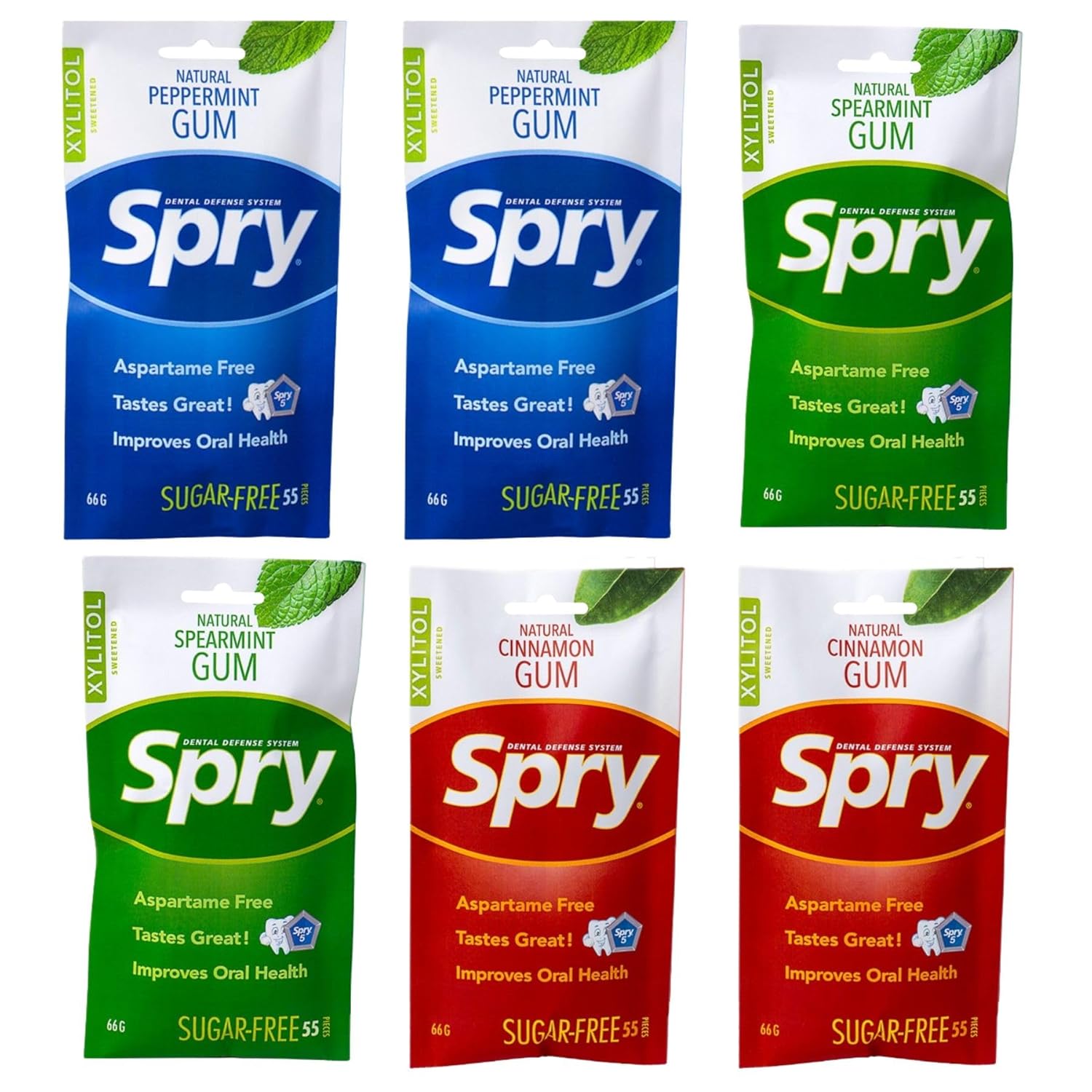Dental chewing gums have become increasingly popular among those looking to enhance their oral care routine. With a wide array of flavors and brands vying for our attention, you might find yourself wondering: do they really work? In this blog, we will explore the benefits, how they function, and whether they can truly contribute to better oral health.
The Basics of Dental Chewing Gum

Dental chewing gums are specifically designed to provide oral health benefits beyond mere flavoring. These gums are often sugar-free and formulated with ingredients that aim to promote dental hygiene. Some common active components include xylitol, which is known for its cavity-fighting properties, and calcium carbonate, which can help in strengthening tooth enamel.
But how do these gums work? Chewing sugar-free gum stimulates saliva production, which is crucial for neutralizing acids produced by bacteria in the mouth. Saliva acts as a natural barrier against cavities and helps to wash away food particles. Therefore, by simply chewing gum after meals, you can create an environment that’s less conducive to tooth decay.
Benefits of Chewing Gum for Oral Health

The benefits of dental chewing gum extend beyond just freshening your breath. Here’s a breakdown of some key advantages:
- Cavity Prevention: The presence of xylitol is a game-changer. This natural sweetener is known to lower levels of decay-causing bacteria in the mouth. When you chew gum containing xylitol, you reduce the chances of cavities forming.
- Strengthening Enamel: Many dental gums include ingredients that can remineralize enamel, making it more resistant to decay. Regularly chewing gum after meals can bolster your teeth’s defenses.
- Fresher Breath: Let’s face it: sometimes we can leave a meal with less than stellar breath. A quick chew on some gum can mask any unpleasant odors and give your mouth a refreshing boost.
- Reduced Dry Mouth: Dry mouth can be uncomfortable and even harmful to your oral health. Chewing gum stimulates saliva production, providing relief and keeping your mouth hydrated.
Choosing the Right Gum

The market is flooded with options, making it crucial to choose the right dental chewing gum. Look specifically for gum that states it is “sugar-free” and contains beneficial ingredients like xylitol or fluoride. Some popular options come from well-known brands in the oral care industry, as they often have scientific backing to support their claims.
Moreover, consider the flavor! While mint is a classic choice, there are numerous fruity or even herbal options. The flavor can play a vital role in your enjoyment, encouraging you to chew more often and, as a result, to gain more of the oral health benefits.
When and How to Chew Gum Effectively
To maximize the benefits of dental chewing gum, consider these tips on when and how to chew:
- After Meals: The best time to chew gum is after meals. This helps to clear food particles from your teeth and stimulates saliva production right when it’s needed.
- For 20 Minutes: Aim to chew the gum for about 20 minutes - just enough time to boost saliva production and help fortify your teeth without overstimulating your jaw muscles.
- Mind Your Jaw: While chewing gum is great for your oral health, it can lead to jaw discomfort if overdone. Be mindful of your chewing; if your jaw starts to feel fatigued, take a break.
- Combine with Brushing and Flossing: Chewing gum is a fantastic complementary practice, but it should not replace brushing and flossing. Use gum as an additional step in your oral care routine.
Conclusion: More Than Just a Sweet Treat

Incorporating dental chewing gum into your oral care regimen can undoubtedly add benefits, especially when chosen wisely and used appropriately. While they may not be a replacement for traditional oral hygiene practices, they can certainly provide an extra layer of protection against cavities and help keep your breath fresh.
So, next time you find yourself reaching for a piece of gum, consider the advantages it brings beyond just satisfying your sweet tooth. With a little consideration and the right choices, dental chewing gums can be a fun and effective part of maintaining that dazzling smile.
In the world of dental health, it’s the small steps that can lead to significant changes - so chew on that!
References:
- The Role of Chewing Gum in Dental Health: A Review. American Dental Association. https://www.ada.org
- Do Chewing Gums Really Protect Your Teeth?. Today’s Dental. https://todaysdental.com
- How Chewing Gum Can Contribute to Oral Health. Journal of Oral Health and Dental Management. https://www.johdm.com
- Chewing Gum and Oral Hygiene: Are They Effective?. Dental Tribune. https://www.dental-tribune.com
- The Benefits of Sugar-Free Gum for Oral Health. National Health Service. https://www.nhs.uk













